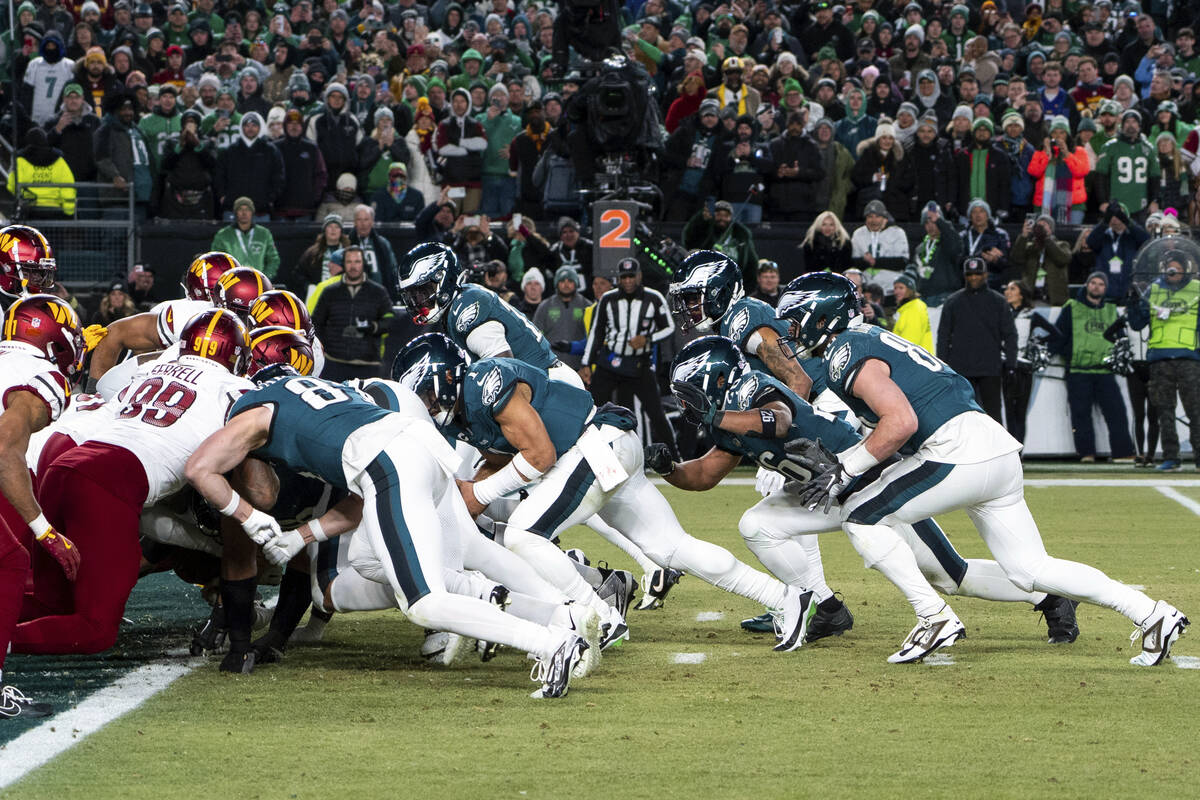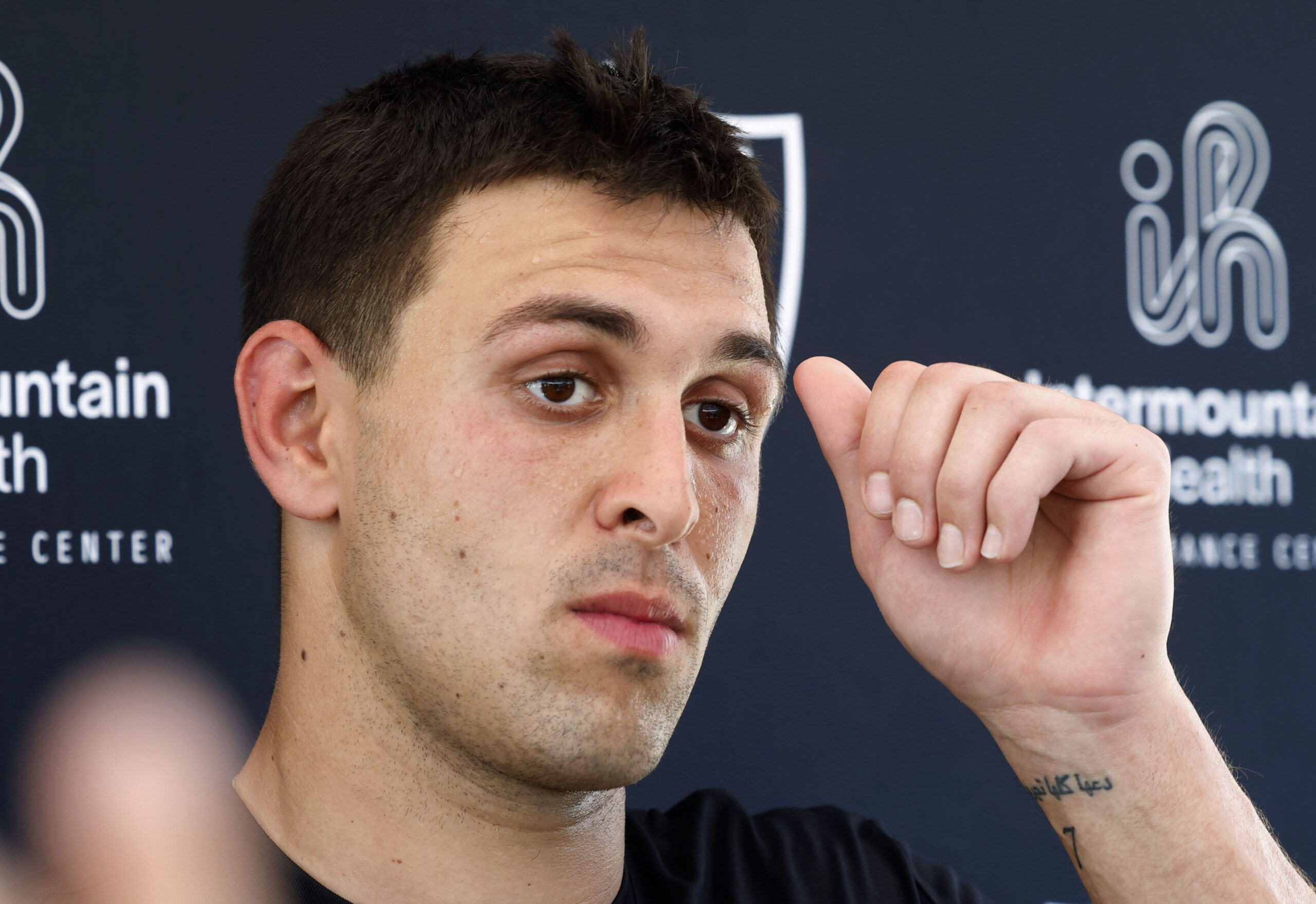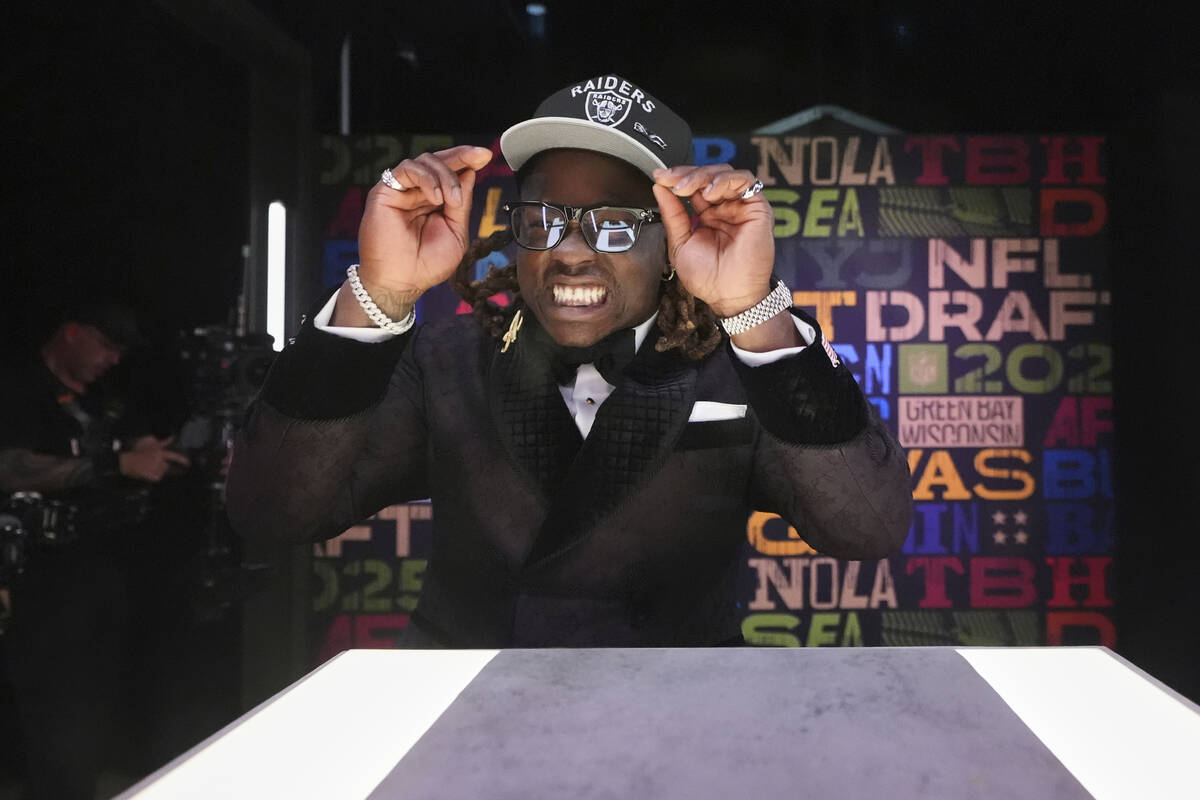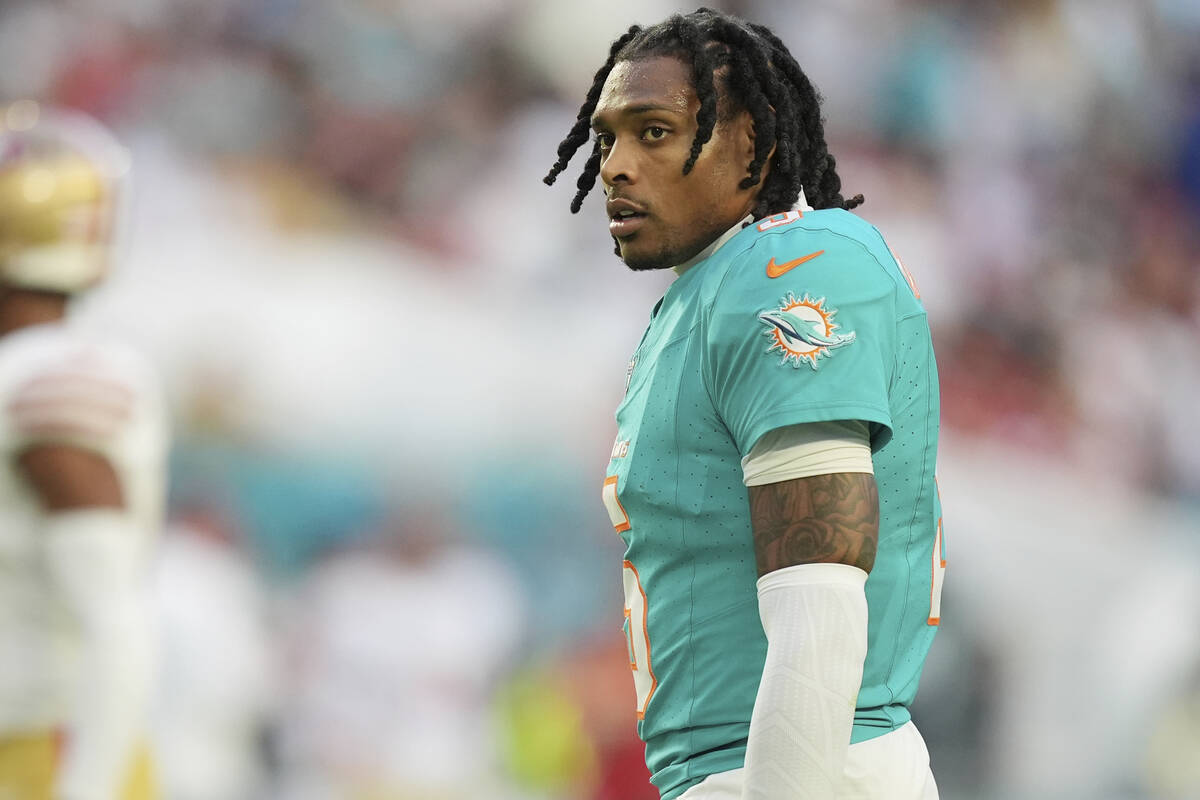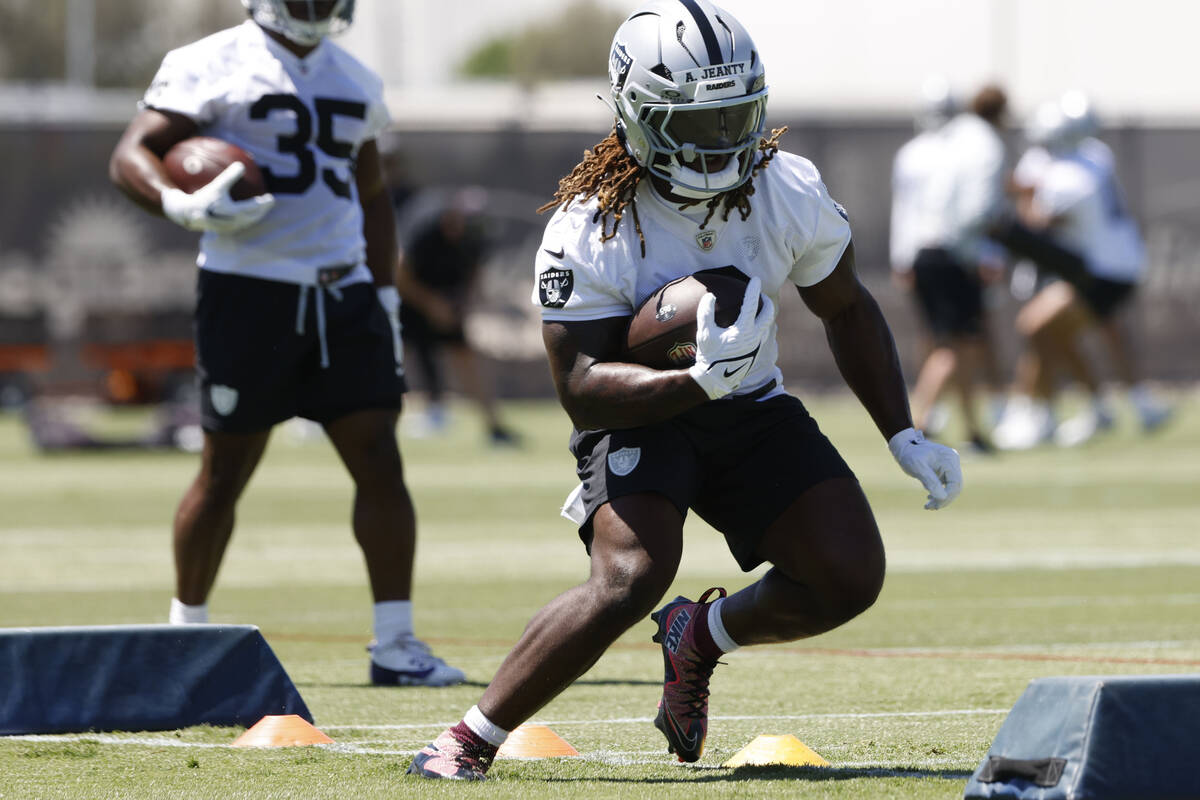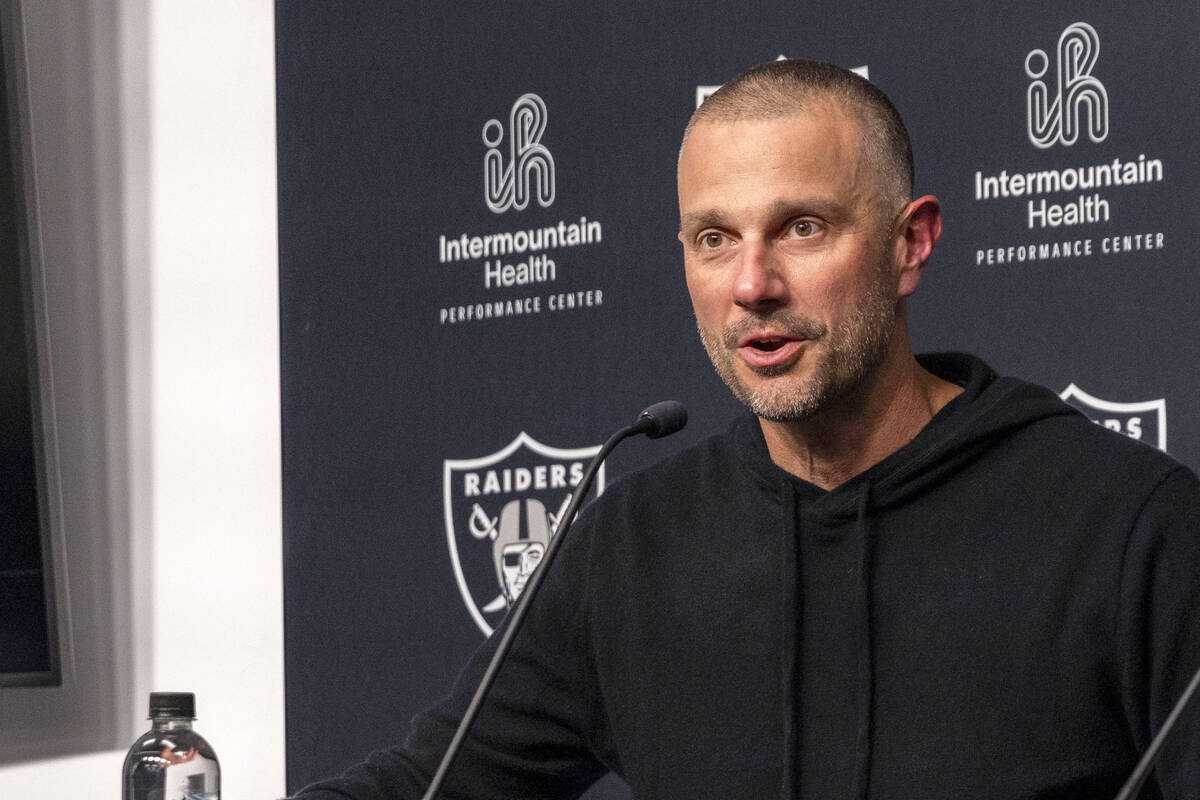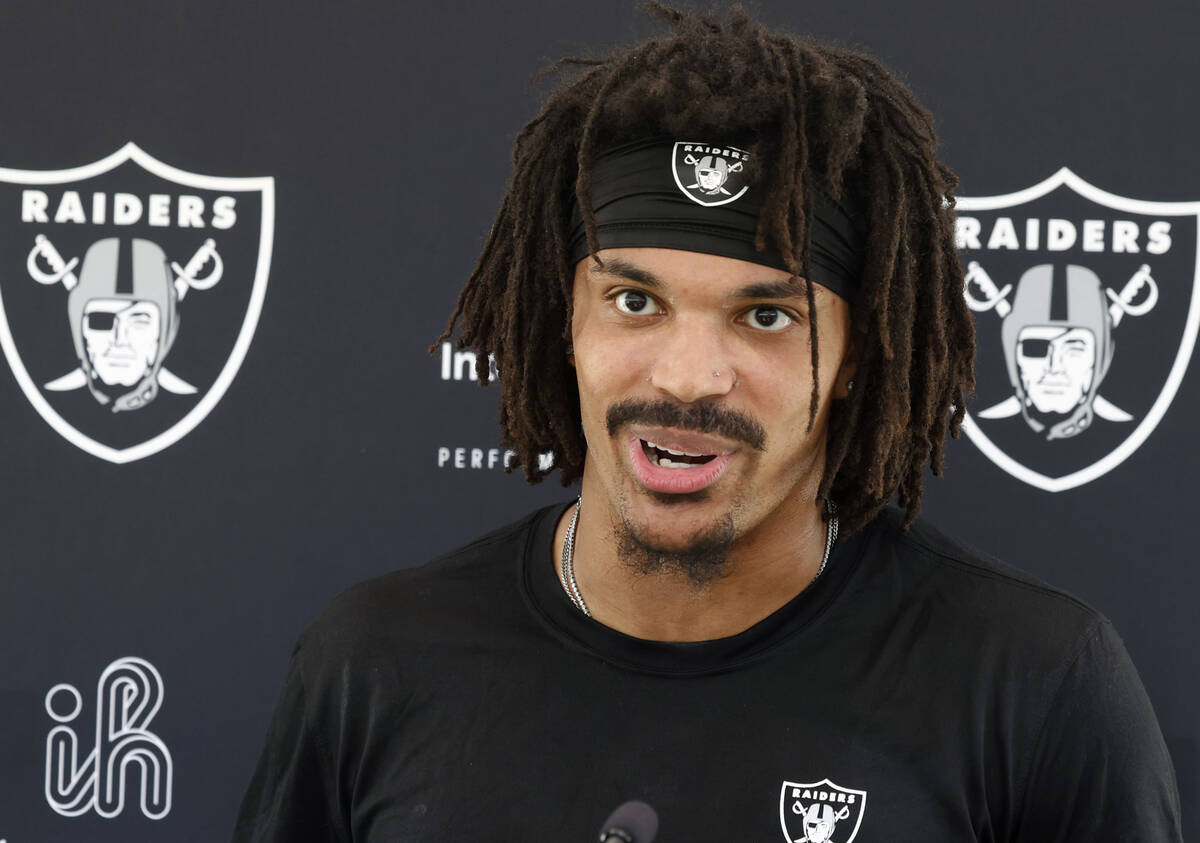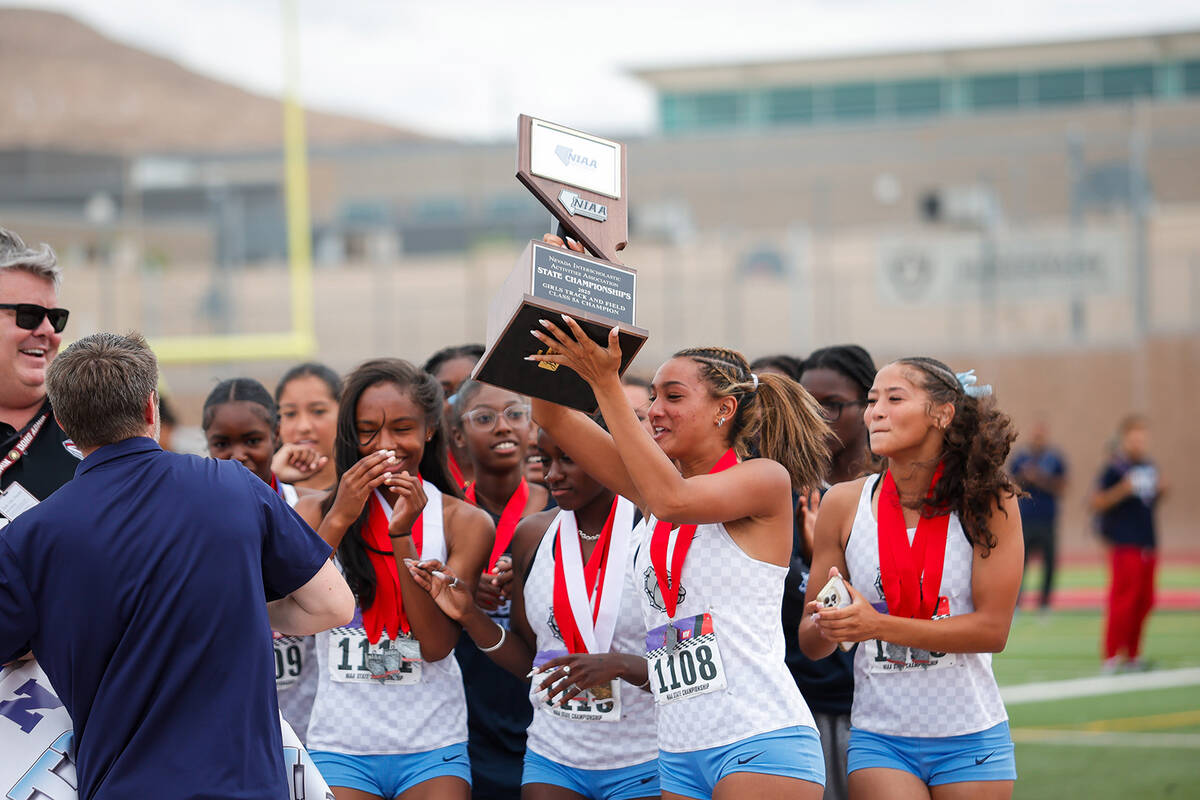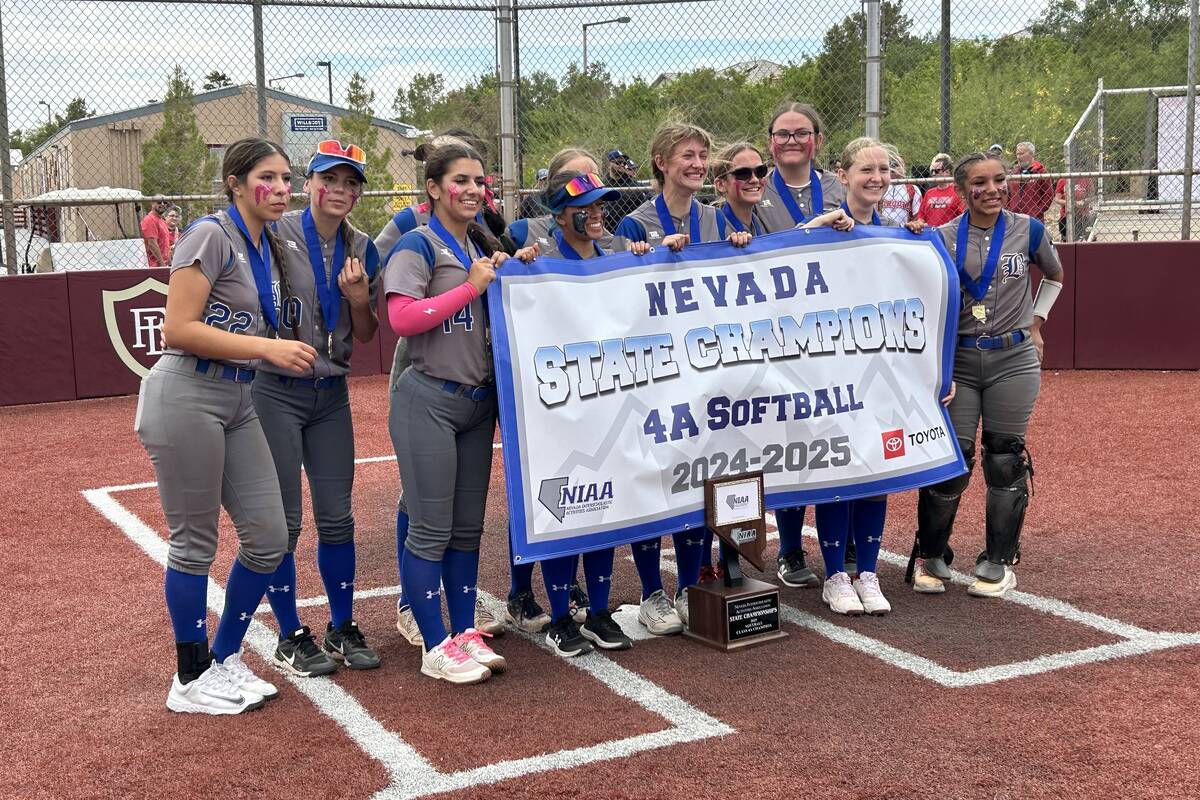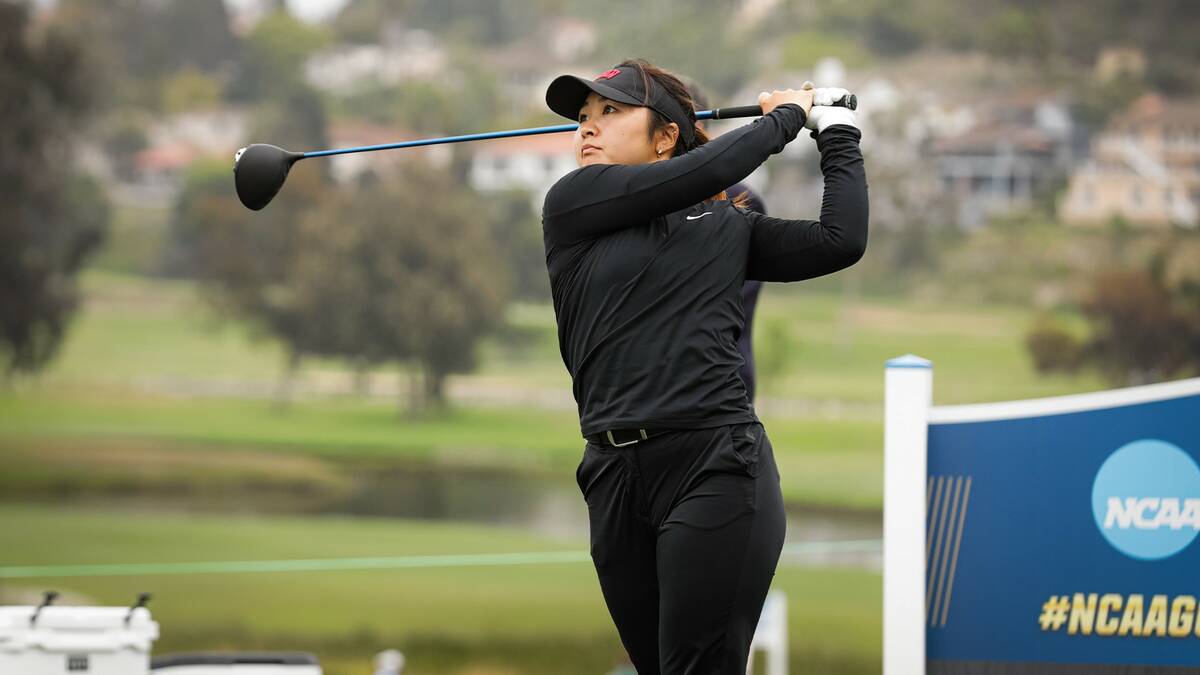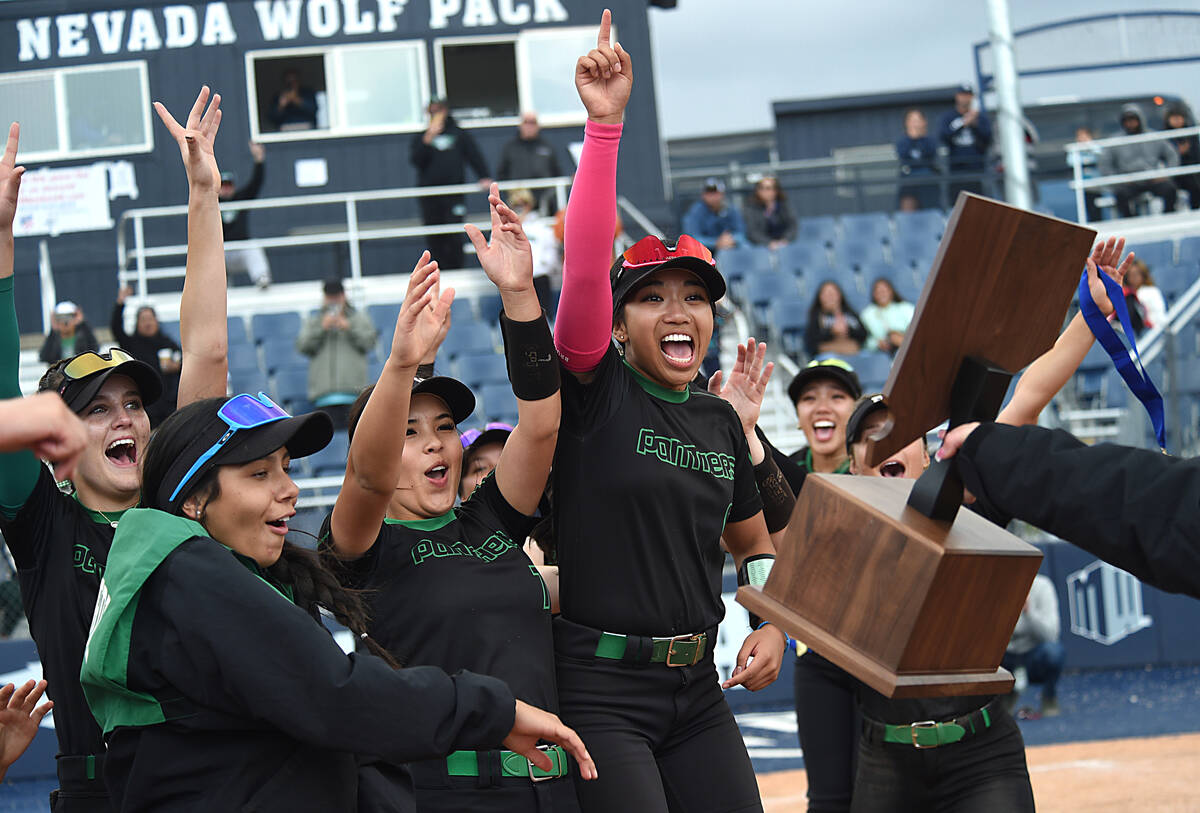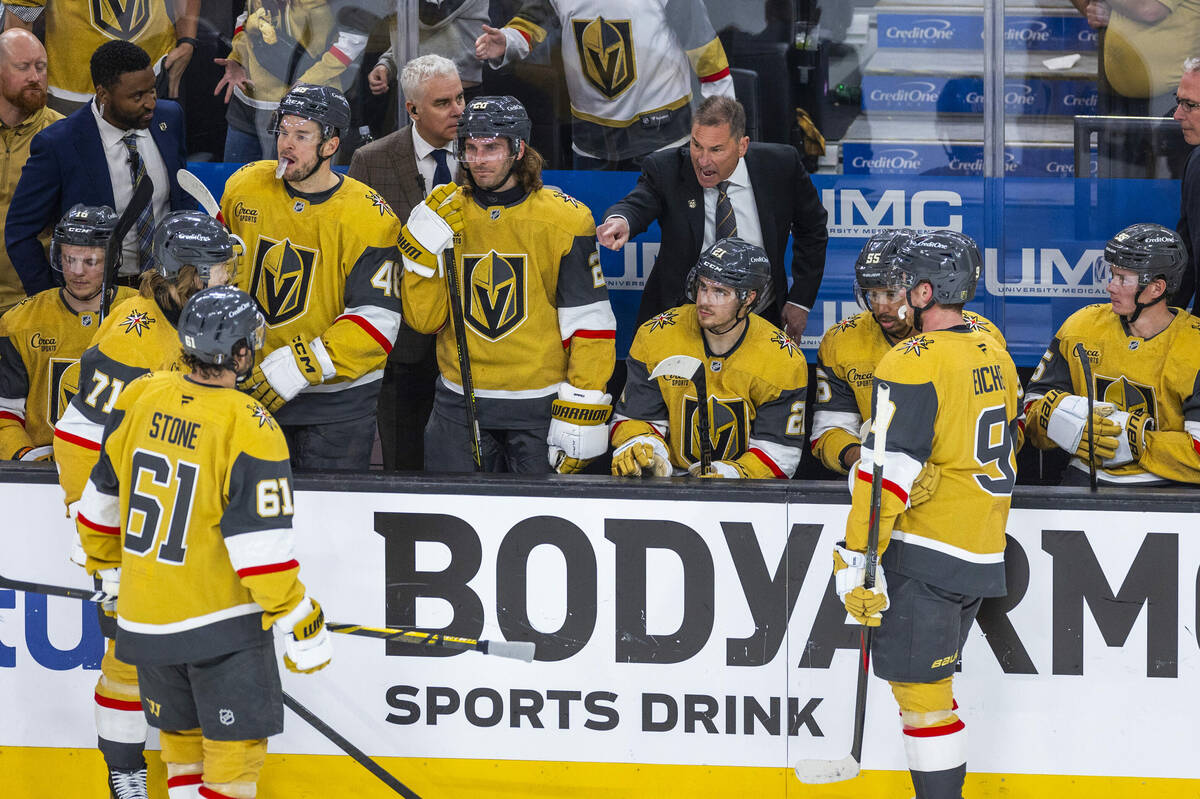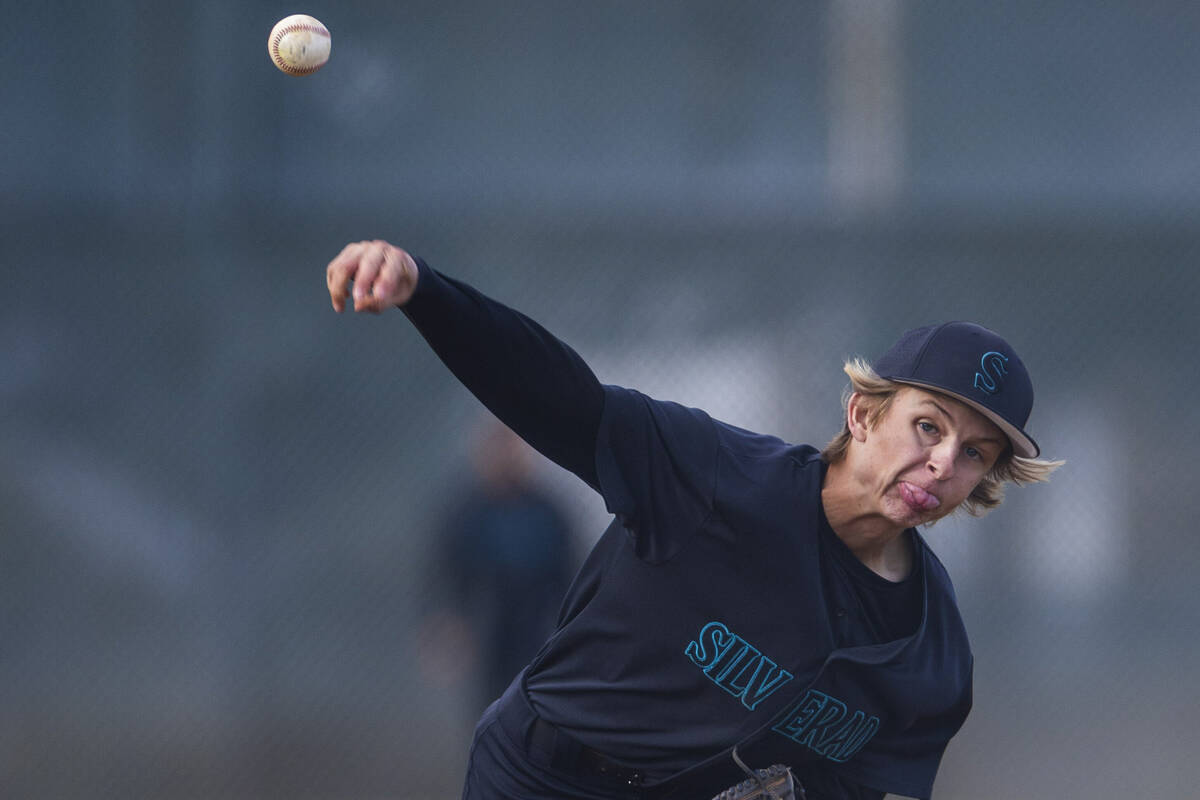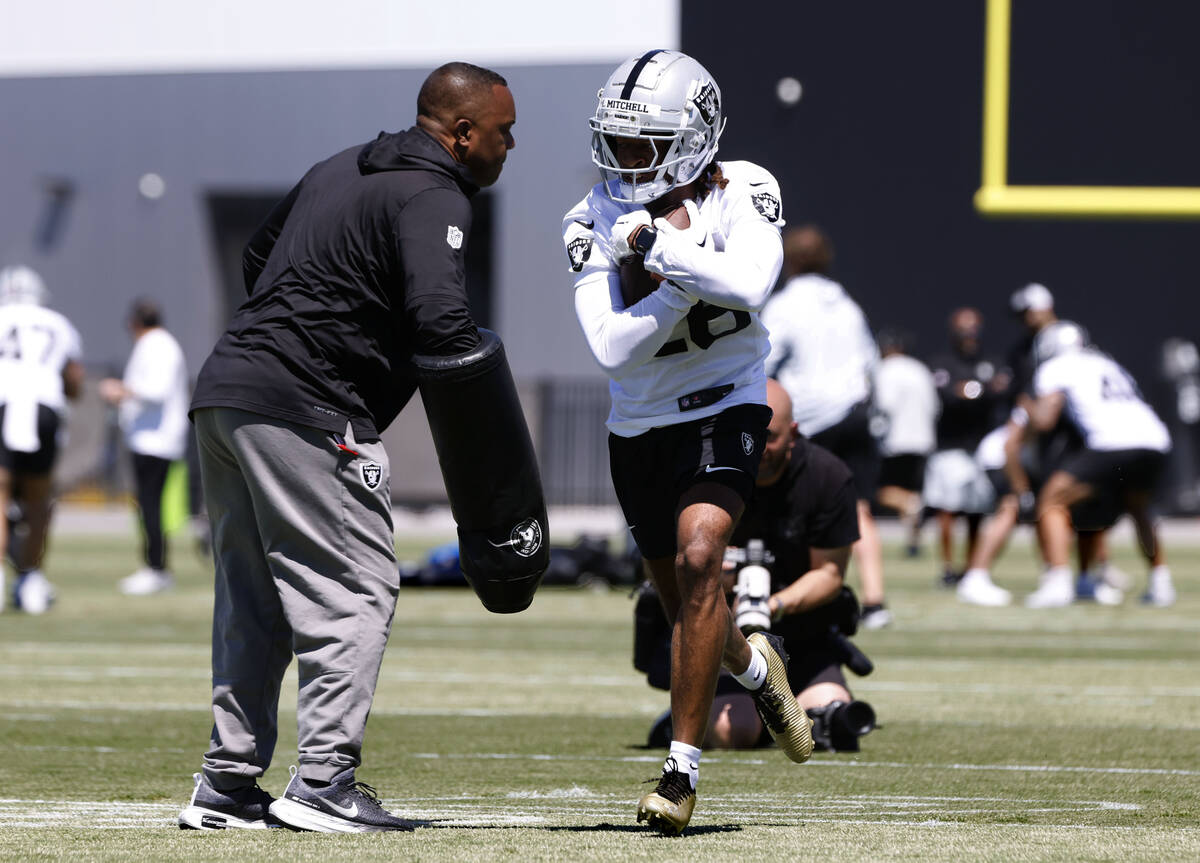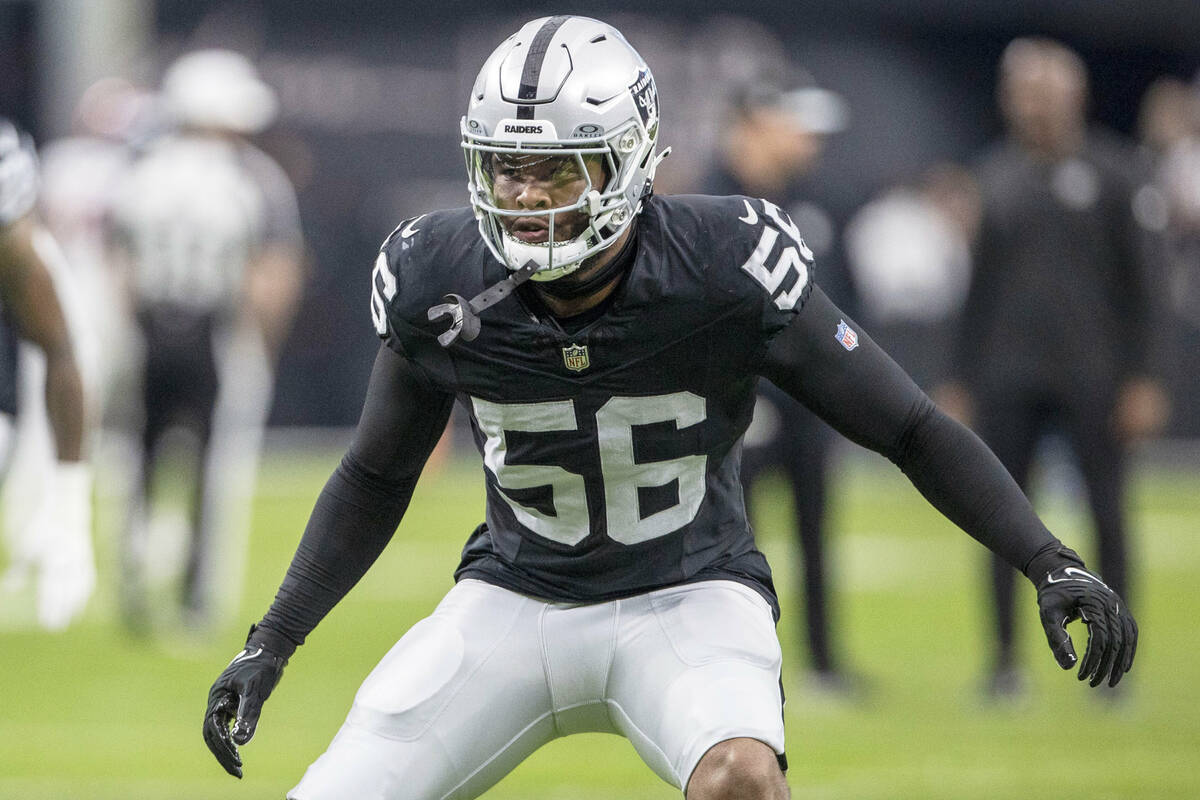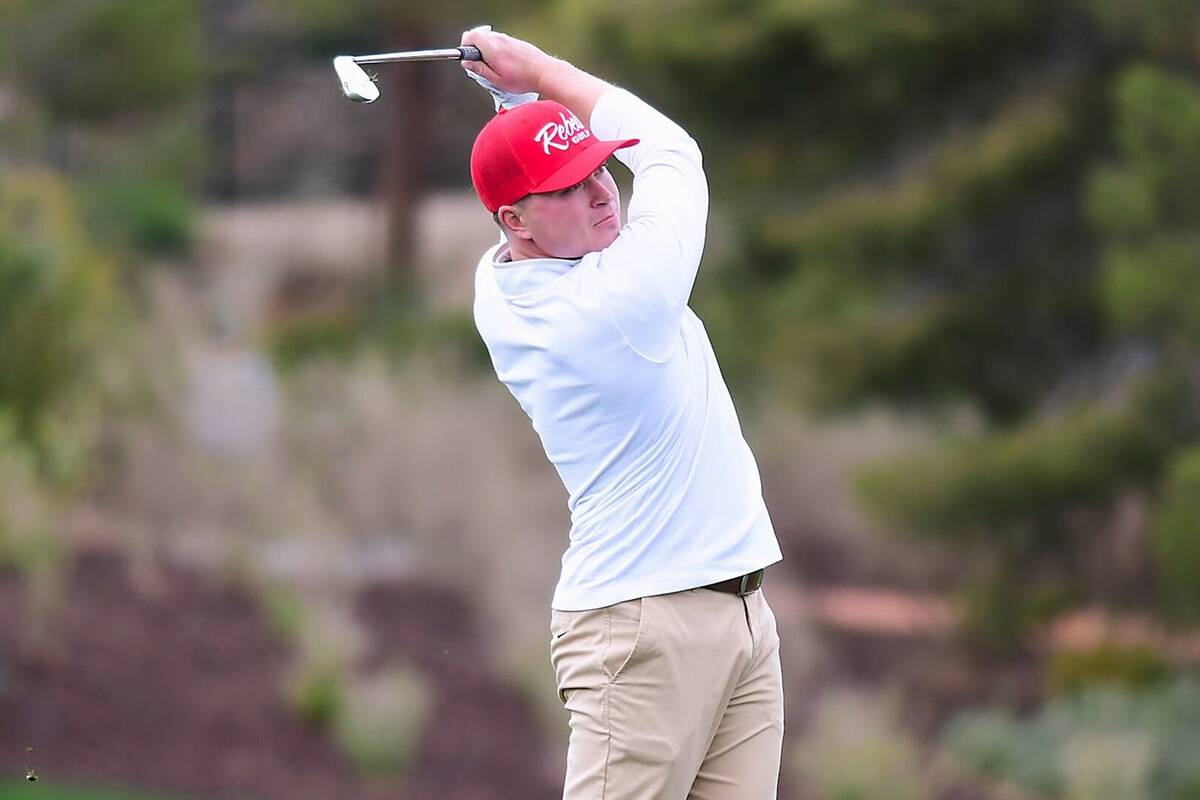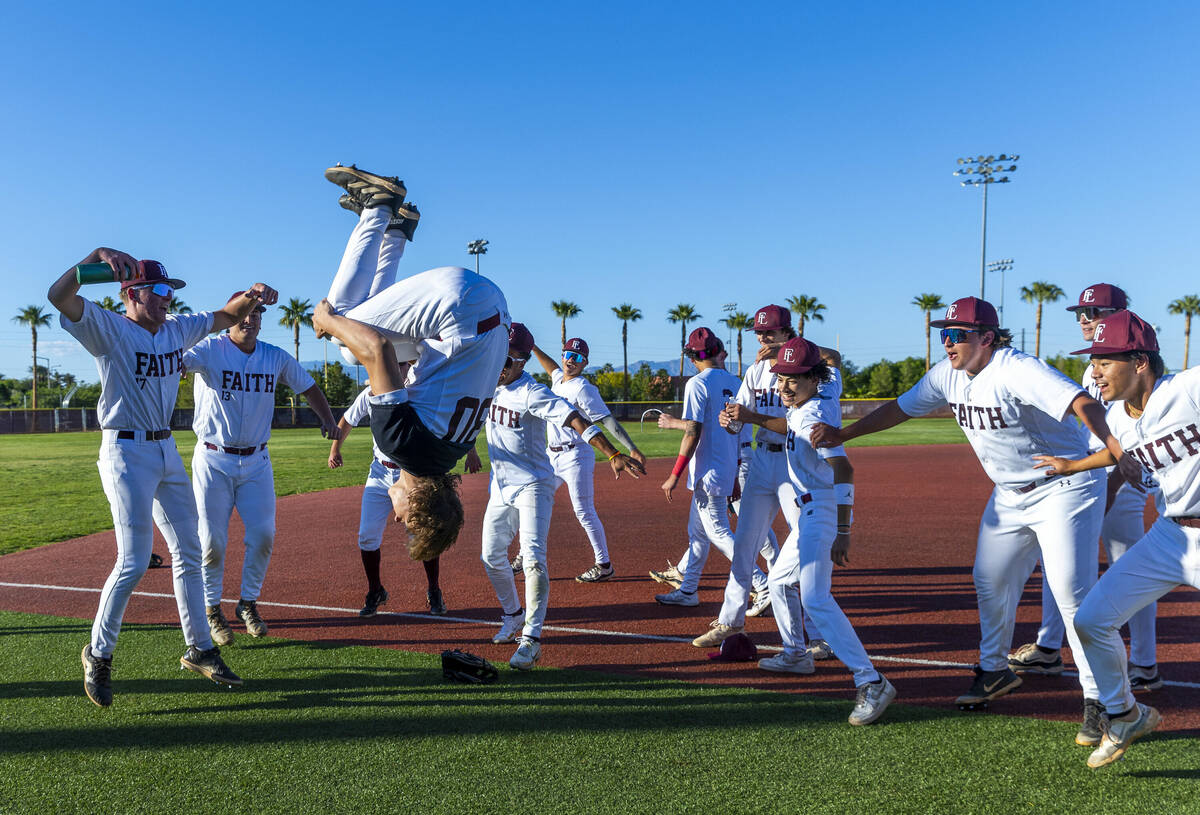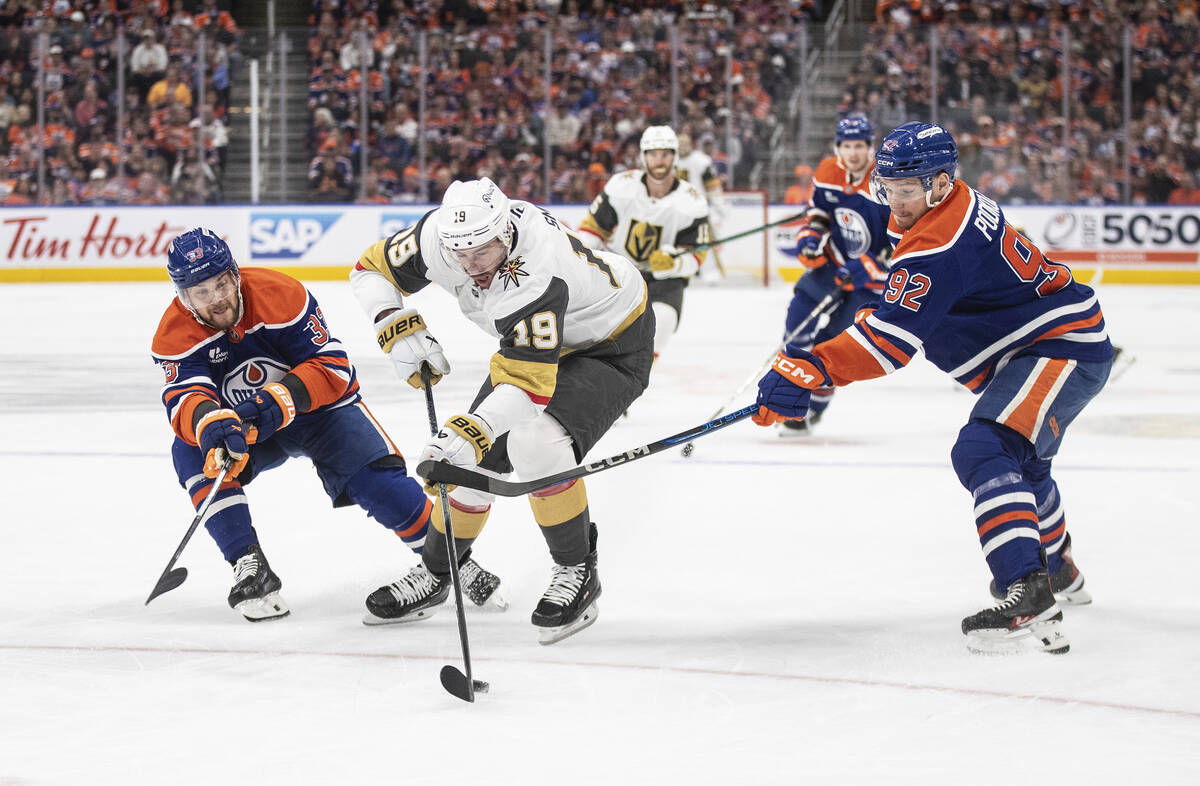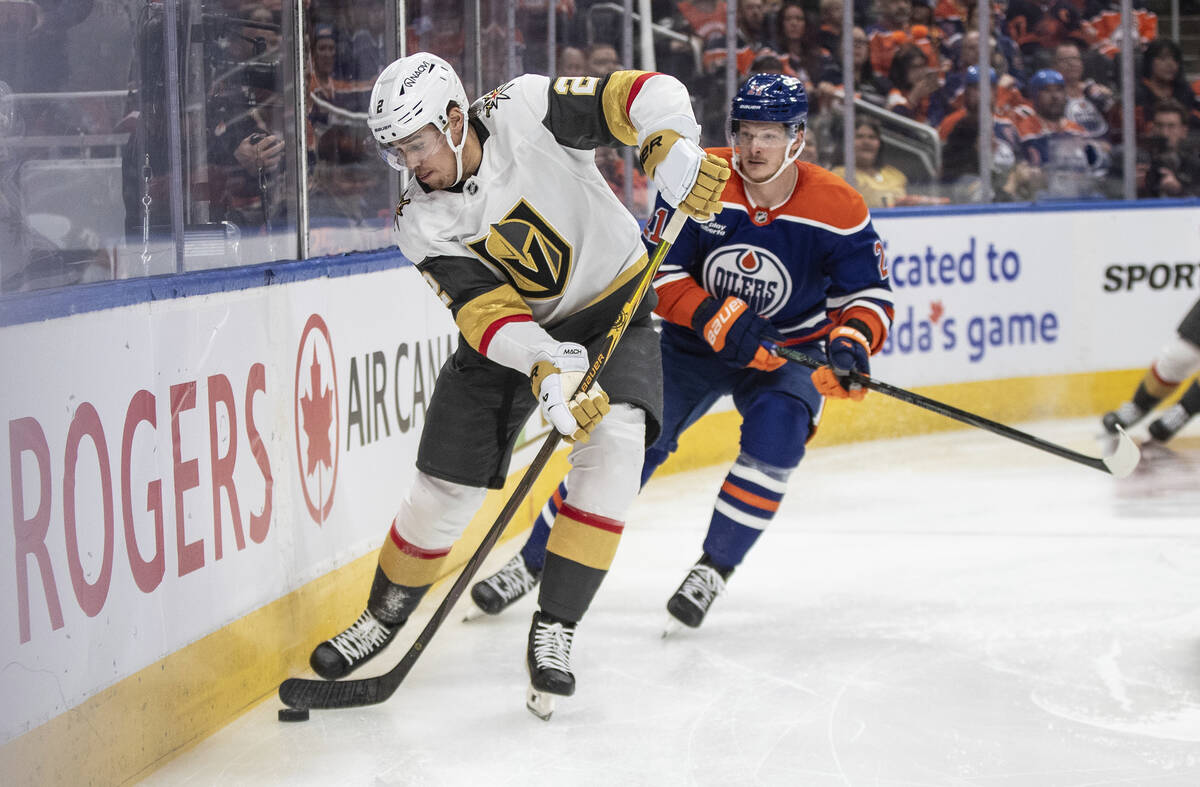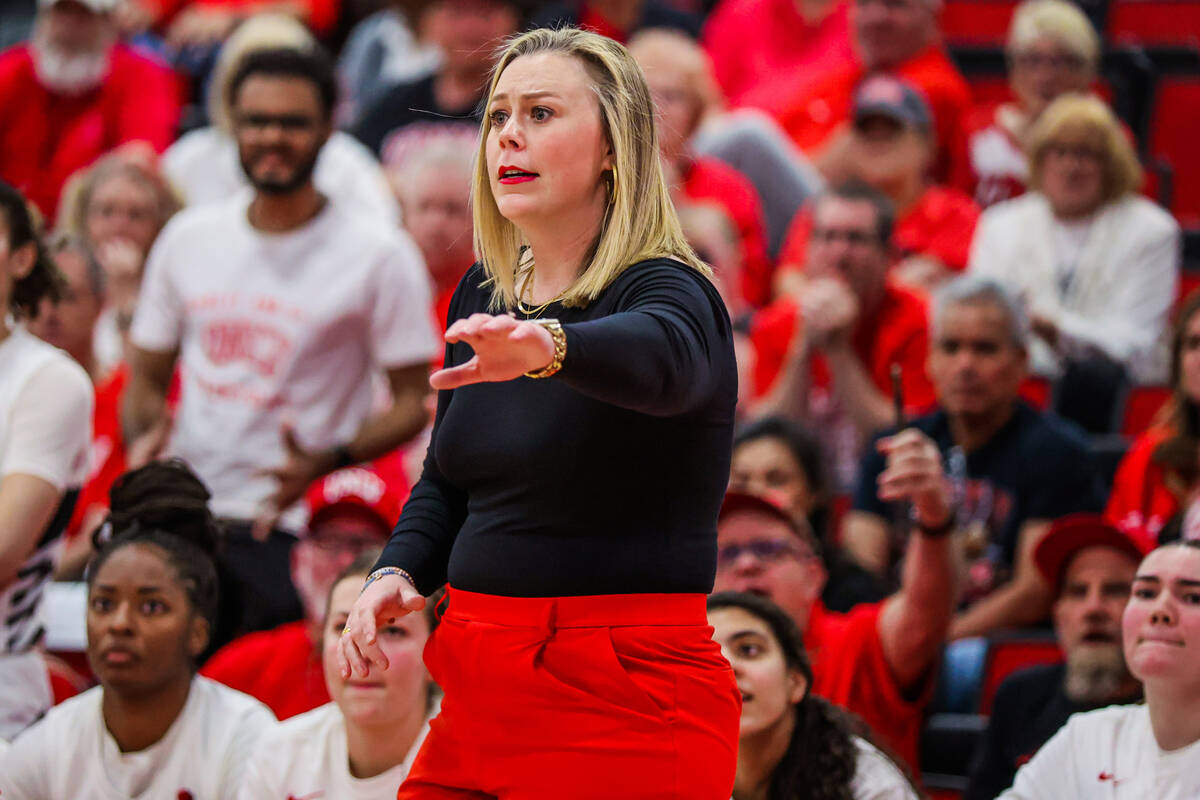There will be two major rule changes potentially up for vote at the NFL owners’ meetings in Minnesota this week.
Neither should pass. That doesn’t mean they won’t.
Owners will discuss a proposal ban on the so-called “tush push” play popularized by the Eagles, as well as a proposal to change the playoff format so division winners don’t automatically receive a top-four seed.
Let’s start with the proposal on division winners because it’s a far less complex topic.
Winning the division is supposed to mean something, and this proposal is aimed at trying to solve a problem that doesn’t really exist. While the Vikings were victimized by having a great season last year but still having to play on the road as a wild-card team, this really only comes up every few years.
Sure, the league has minimized the value of divisional games by reducing each one to four teams and adding regular-season games. But there’s no need to make this change.
The league, however, believes it could make more Week 17, 18 and eventually 19 games more meaningful. So it will eventually happen. Probably not this week, but at some point in the future.
Wording matters
As for the “tush push,” there is quite a bit more nuance. Let’s stipulate first that I am an obnoxiously vigilant stickler for rules and regulations. I love everything about them, from the importance of meticulous wording to the exploration of loopholes that are created as such.
It’s been an issue since youth. Perhaps it was the ability to maximize limited natural gifts by a superior understanding of the rules.
But you might be surprised how much outrage one causes by pointing out to umpires and opposing coaches during little league games in all sports how wrong they are about a particular situation that just gained your team an advantage because you stayed up all night for weeks leading up to the season trying to find a missing word or convoluted language in their rule book.
It continues now every time you can see the annoyance on my friends’ faces when they try to make a silly wager and I try to explain to them the parameters of their contest are flawed and it’s going to cause them a future argument.
But here’s the thing, it’s usually true. It’s impossible to quantify how many disputes have been created from these situations when nobody can agree on the specifics of what had been agreed to in the past. It may be obnoxious and irritating, but rules must be agreed upon in an extremely detailed manner so as not to create even more frustration down the road.
Which does lead back to the “tush push” legislation.
The Packers proposed the legislation earlier this year, but it was tabled last month because it wasn’t going to get enough support. That’s probably because the wording was pretty clunky and targeted at one team, something the league has tried to avoid in the writing and passing of new rules.
It said offensive players could not “immediately at the snap, push or throw his body against a teammate, who was lined up directly behind the snapper and received the snap, to aid him in an attempt to gain yardage.”
So what does immediately mean? Do they have to stutter-step on the way to pushing the ball carrier forward?
Also, could the play still be run by snapping the ball to an offset player on the hip of the center? Or does a quick handoff clear blockers to push forward?
In Packers’ self-interest
These questions don’t even begin to address how this isn’t a targeted rule, which it obviously is. One that was proposed by a Packers team that lost to the Eagles twice last year, including in the playoffs.
League officials have argued a safety element, which would be totally fair if their internal data didn’t suggest a pretty pristine history for the play.
The Packers are likely to submit an updated version of the rule this week, one that explores returning to a pre-2005 rule that didn’t allow offensive players to be pushed forward at all. It will be interesting to see how it’s worded and what additional loopholes the new language creates.
It’s a far, far bigger challenge than one may believe.
That’s a major reason why it should be left alone.
Contact Adam Hill at [email protected]. Follow @AdamHillLVRJ on X.

